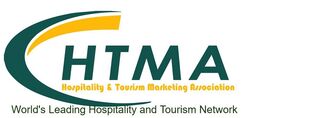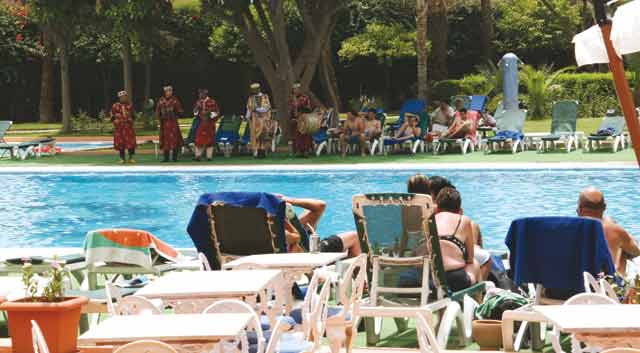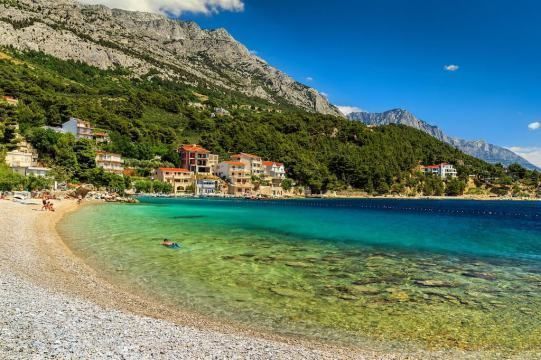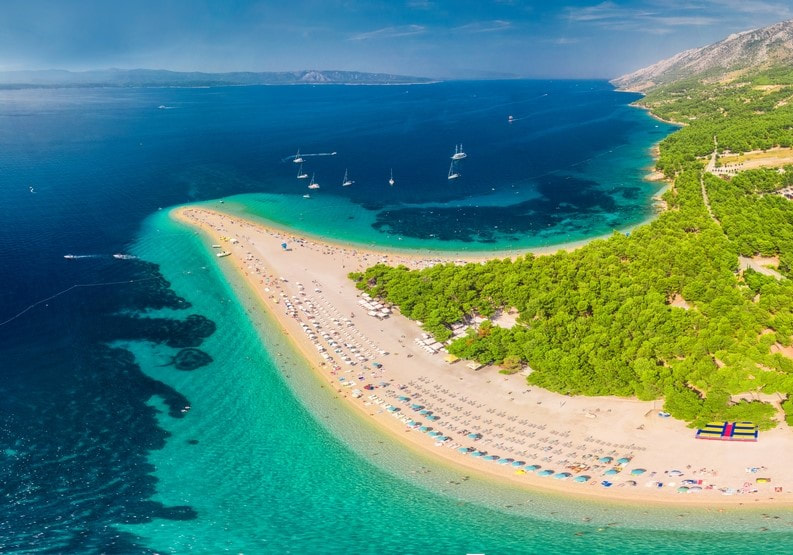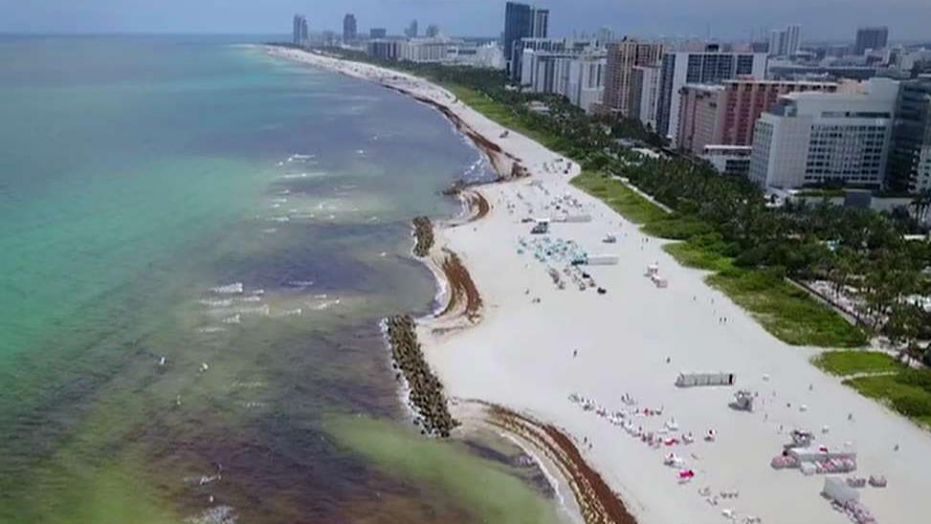- Home
- About Us
- Hotel Projects
- Services
- Seminars & Workshop
-
Membership
- How to Join
- Hotel & Lodging
- Travel & Tourism Agencies
- Hospitality Suppliers
- Universities & Colleges
- Hospitality Trainers & Consultants
- Events & Conventions
- Restaurant & Food Service
- Become a Member
- Our Members
- Membership Fees
- Membership Benefits
- Membership Categories >
- Membership Online Application Form >
- Tourism Crisis
- Funding
- Job Opportunities
- Contact Us
- Online Directory
- Home
- About Us
- Hotel Projects
- Services
- Seminars & Workshop
-
Membership
- How to Join
- Hotel & Lodging
- Travel & Tourism Agencies
- Hospitality Suppliers
- Universities & Colleges
- Hospitality Trainers & Consultants
- Events & Conventions
- Restaurant & Food Service
- Become a Member
- Our Members
- Membership Fees
- Membership Benefits
- Membership Categories >
- Membership Online Application Form >
- Tourism Crisis
- Funding
- Job Opportunities
- Contact Us
- Online Directory
